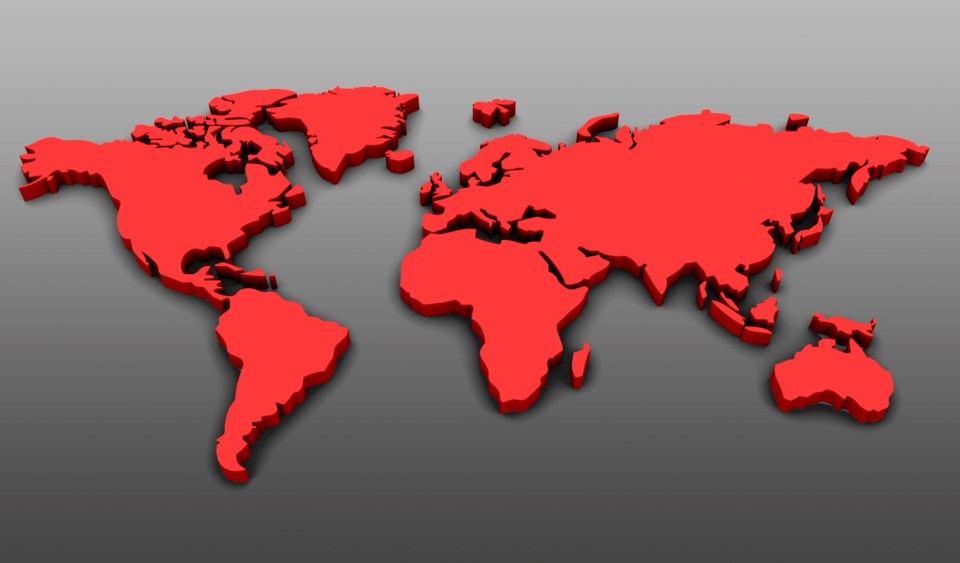The holocaust was a hoax.
The earth is flat.
Vaccines cause autism.
Cher is gone.
You've seen the headlines on your social media feed. No matter how discerning you are with your information sources, fake news will appear on your timeline looking for all the world like the real thing.
Apparently it's up to readers to dig deep and do their own research to unearth the truth, which, not surprisingly, many won’t bother to do.
A few years ago, someone I know posted a meme on their Facebook page that set off my fake news alarm. I checked the story on Snopes (the online fact-checking website) and sure enough, it was a hoax. When I brought this to the poster’s attention, they didn't care that it was false, they liked the message and did not take it down. The attitude seems to be, "Well if that person didn't actually say it, they should have."
Meanwhile the credible news generated by reliable sources like the Washington Post, the BBC and your hometown newspaper are struggling to reach the growing number of people who would rather live in a world where unproven ideas and sensational gossip are believed, and the truth can be swatted away like an annoying insect.
One of the teachers attending a workshop about fake news at last week's conference on technology in education (BYTE) in Virden bemoaned, "Kids are super confused".
He's half right. Everybody's confused.
Take for example, the United We Roll convoy to Ottawa which had a large, angry and very vocal online following. A repeated refrain was that pipelines are safer than rail for shipping oil.
But a little research reveals it's not as simple as that. Safer for human life? The environment? Property? Cost? The question can't be answered without examining the variables. Forbes magazine does examine the variables in its article entitled Which is Safer for Transporting Crude Oil: Rail, Truck, Pipeline or Boat?
But those who work in the oil industry may not want to explore the matter too deeply in case it doesn't jibe with the anti-Trudeau message they just painted on their truck or the thousands they spent on fuel to get to Ottawa to accomplish... what?
Forming the opinions that shape our lives and guide our political choices should start with good information, not wishes based on vested interests tainted by bias.
We can only hope that more of our educators, like those at the Virden workshop, see the value in teaching the critical importance of critical thinking.




